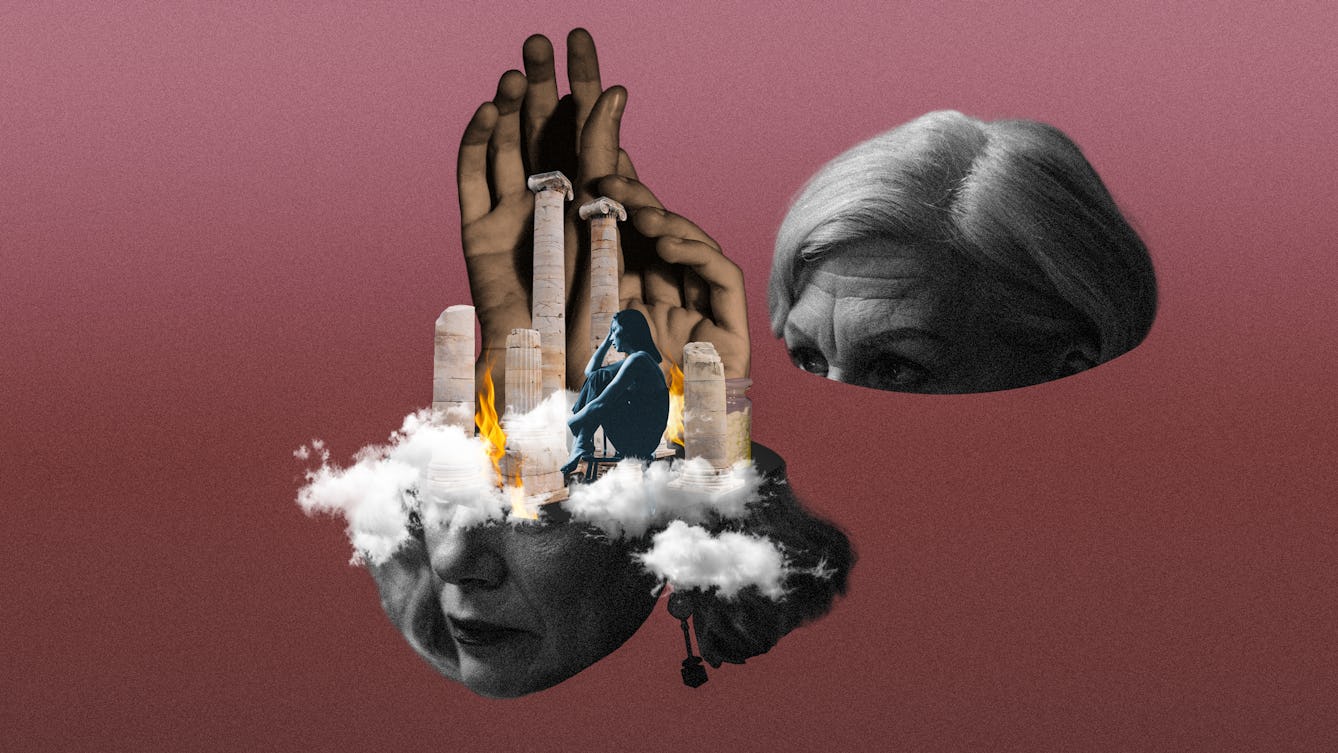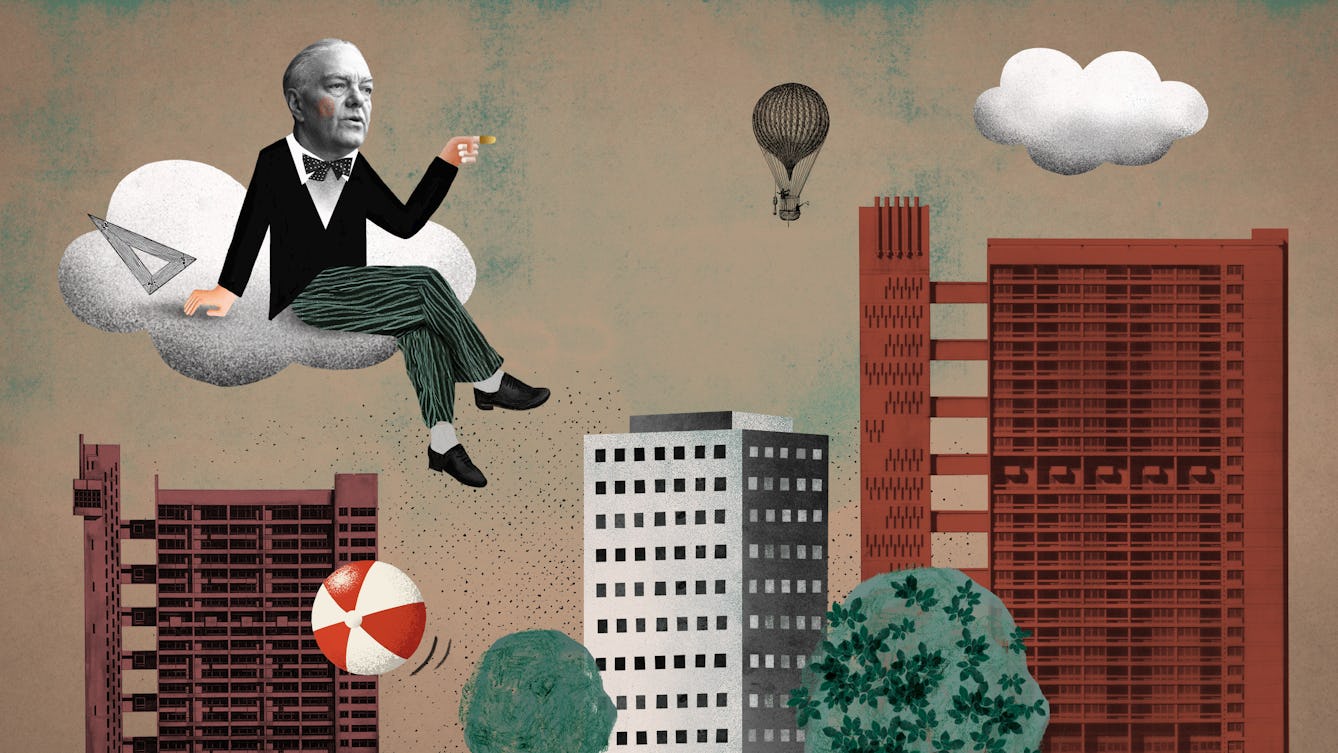
- Article
- Article
The cures and demons of sleep paralysis
Discover the murky past of sleep paralysis, the terrifying disorder once associated with demonic possession

- Article
- Article
A wee spot of bother
Euphemisms can both appear to diminish experiences while at the same time making them easier to talk about. Carrie Hynds, who experienced the latter part of Northern Ireland’s “Troubles”, explores the relationship between language and trauma.

- Article
- Article
Hysteria
Mental health and emotional symptoms are common during menopause, but a long history of dismissing sufferers as 'hysterical women', at the mercy of their emotions has made it much harder to discuss these issues and to get support.

- Article
- Article
Making sense of senses lost
In rapid succession, Steve Barker suddenly lost sight and hearing on his left side. The effect on how he perceives the world has been profound.

- Article
- Article
Providing care across languages
When medics are taught in English but their patients speak other languages, effective communication becomes fraught. Niyoshi Shah explores the linguistic gaps between patient and doctor.

- Article
- Article
Diagnosing the past
Historical texts rarely supply enough detail for a definitive diagnosis, so medical historians need to proceed with caution.

- Article
- Article
To stop or stay on lithium
In the final part of her investigation into lithium, Laura Grace Simpkins faces a dilemma – should she put her own mental health or other people and the planet first?

- Article
- Article
Nurturing my autistic, gender-questioning child
As mother of an autistic child who questions her gender, Jude Lax describes cherishing her growing daughter as she explores her identity.

- Article
- Article
Sex work and critical campaigners
When campaigners filmed secretly in the club where she worked, exotic dancer Ella Smith felt frightened and degraded. Here she speaks out about the attack on her livelihood.

- Article
- Article
Can isolation lead to manipulation?
Military-funded researchers wanted to know if isolation techniques could facilitate brainwashing. One neuroscientist suggested that it might improve our own control over our minds.

- Article
- Article
Chemical highs and psychedelic research
Could recreational drugs make you happy? Kate Wilkinson explores why keen clubber Simon believes taking psychedelics has helped him develop as a person.

- Article
- Article
The tower in fiction, film and life
The high-rise estates born of postwar idealism soon became symbols of crime and squalor. But after one terrible tragedy, public bodies are being forced to rethink our towers.

- Photo story
- Photo story
The man who remembers everything
Tilney1 can remember his life in minute detail, but can’t control the incessant intrusion of thoughts and images from the past. As cuts to mental health services isolate him more and more, a crisis approaches.

- Article
- Article
A story of death, trauma and austerity
Marienna Pope-Weidemann, whose teenage cousin Gaia died after going missing, advocates a rethink of our systems, which currently fail many in mental distress.

- Photo story
- Photo story
’No you’re not’ – a portrait of autistic women
In this sensitive series of portraits and interviews, photographer Rosie Barnes acknowledges the voices and experiences of autistic women.

- Long read
- Long read
Primodos, paternalism and the fight to be heard
Journalist Florence Wildblood examines the case of Primodos – a conveniently quick but risky hormone pregnancy test that was prescribed in the 1960s and ’70s – and profiles two women at the story’s shocking heart.